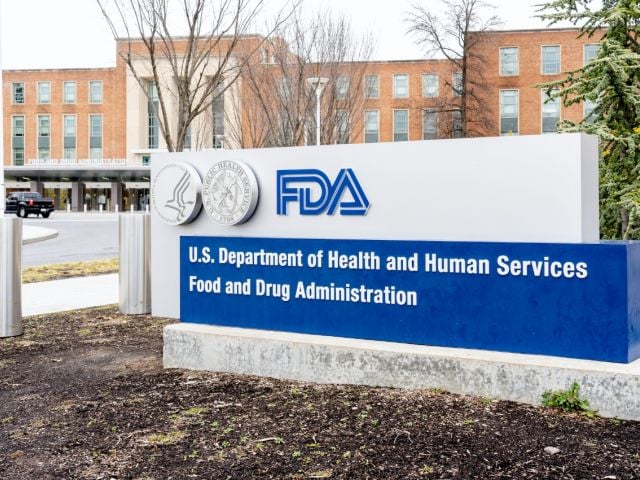WASHINGTON – Environmental Working Group (EWG) Senior Scientist Dr. Anila Jacob, MD, MPH, issued the following statement in response to the decision by a government sponsored panel to largely ignore wide ranging scientific research connecting human health risks with exposure to Bisphenol-A (BPA). The panel instead endorsed an error riddled, industry influenced “report” minimizing the risks that BPA poses to humans.
"The panel ignored a large body of independent, peer-reviewed scientific research endorsed by the world's leading experts on the impacts of BPA exposure, using instead an error riddled, industry influenced report that minimized the potential human health risks of this chemical," said Dr. Anila Jacob, MD. "The panel should have embraced the findings of the world's leading experts on BPA or, if they were at all concerned about a sound scientific process, they would go back and reevaluate their flawed report before a decision was made. Only the chemical industry agrees with the decision that BPA has little or no human health risks. That by itself should speak volumes about the corrupted process endorsed by the panel today.”
“What could have been the first opportunity in a decade to advance public health protections for the toxic plastics chemical BPA instead ended in a government advisory panel issuing a final assessment that relies solely on a corrupt process and substandard science, and that fails to support stronger public health safeguards for bottle-fed infants, pregnant women, and other at-risk populations. While expressing “some concern” about the neural and behavioral impacts of fetal exposure to low doses of BPA, the panel rejected the independent studies tying this chemical to breast and prostate cancer, obesity, and reproductive problems.”
In 2006 the federal government launched a BPA health risk assessment under the National Institutes of Health's (NIH's) Center for the Evaluation of Risks to Human Reproduction (CERHR). From the outset, the assessment process has been plagued by concerns over scientific credibility and conflicts of interest:
- The contractor in charge of the assessment both helped form the panel, which lacks BPA experts, and prepared the initial draft assessment for the panel's review. This contractor was subsequently fired by CERHR over concerns about potential conflicts of interest, but the panel was allowed to continue with is initial membership, working from the draft assessment prepared by the fired contractor.
- In external review comments submitted to the panel, BPA experts revealed that the CERHR assessment appears to contain nearly 300 errors of fact and interpretation; is biased, inconsistent, incomplete; and clearly fails to meet the most basic scientific standards. [see EWG's full review]
Today, the panel issued final determinations on the risks posed by BPA despite the fundamental gaps in their process and science, down playing these risks in direct contraindication with a significant body of peer reviewed studies demonstrating exactly the opposite. Among the panel's inexcusable shortcomings is their failing to account for people most at risk from BPA. EWG analyses show, for instance, that one of every 16 infants fed ready-to-eat formula is exposed at levels above those that harm test animals.
###
EWG is a nonprofit research organization based in Washington, DC that uses the power of information to protect human health and the environment. The group’s research on Bisphenol A is available online at https://www.ewg.org/featured/218.



